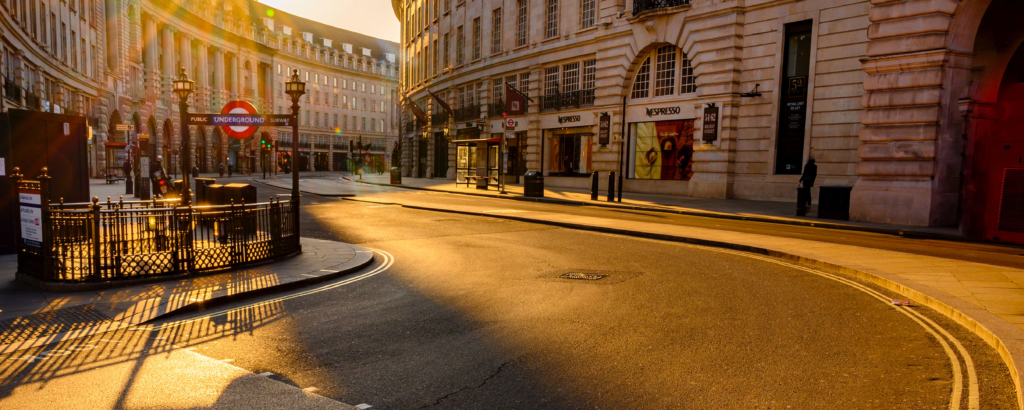Press Release
May 1, 2020
Sun protection advice for the UK during lockdown

The British Association of Dermatologists (BAD) is taking the opportunity ahead of Sun Awareness Week (4th-10th May) to provide its top tips on sun protection during the COVID-19 lockdown, with much of the UK experiencing unseasonably warm weather since lockdown began.
Whilst lockdown may mean for some that they are getting less sun than usual, many people are spending more time on balconies, in gardens, outside queuing for shops, or taking exercise. Since lockdown started, the UV index, which measures the sunburning strength of UV radiation in a particular time and place, has repeatedly reached levels at which sun protection is advised for lighter skin types.
It is important to get to know your skin type, using the Fitzpatrick scale, as this influences which measures you should be taking to protect your skin from the sun. Your skin type cannot be changed and does not vary according to how tanned you are – it is determined by your genes.
The BAD’s sun protection tips for skin types at risk of sunburn and UV skin damage are as follows:
• Shade and protective clothing should be your first line of defence against the sun
• Protective clothing includes a broad-brimmed hat and sunglasses (make sure sunglasses provide 100% UV protection) and, where possible, longer sleeves and trousers
• Apply a generous layer of sunscreen 20 minutes before going outside, and again when you go out. This is to ensure you are applying a sufficient amount, and the second layer also helps cover any patches you may have missed with the first application
• We recommend a minimum of SPF 30, with good UVA protection (look for 4 UVA stars or the UVA circle logo)
• Reapply sunscreen regularly, at least every two hours
• If you are out exercising, or working up a sweat in the garden, then you should reapply more regularly, as sunscreen is easy to sweat off or wipe away in these circumstances
• If you aren’t wearing a broad-brimmed hat, don’t forget sunscreen on areas like the ears, back of the neck, and scalp if your hair is thinning, as these are often missed but are common sites for skin cancer
Skin types 5 and 6 are the most deeply pigmented skin types. This level of pigmentation provides natural UV protection, meaning that additional sun protection is unlikely to be required in the UK, where UV levels do not tend to get sufficiently high to cause damage to these skin types. Instead, the aim should be to ensure that you are getting sufficient vitamin D, either through sun exposure or supplements.
Small amounts of incidental sunlight, as you might get through your daily activities such as a short walk in the sunshine, will allow most people with lighter skin types to maintain reasonable vitamin D levels, especially during the spring, summer, and autumn. People with darker skin types may require longer periods in the sun to maintain optimal vitamin D levels.
For those isolating, particularly without access to a garden or balcony, Public Health England has recommended taking 10 micrograms of vitamin D a day to keep bones and muscles healthy.
Dr Bav Shergill, Chair of the BAD’s Skin Cancer Prevention Committee, said:
“For some people, I imagine the good weather we have experienced in much of the UK at the start of the lockdown has felt like a blessing during an otherwise very difficult time. We hope that our advice will help people make the most of this weather whilst staying safe from sun damage, and an increased risk of skin cancer. We also strongly urge people to follow the government’s lockdown guidance.
“Skin cancer is now the most common type of cancer in the UK, and the number of cases we see every year continues to rise. As well reducing your risk of developing skin cancer, UV protection also has cosmetic benefits, as excessive sun exposure is the main external cause of skin ageing.
“It is important that there isn’t a one-size-fits-all approach to sun protection advice as people with more deeply pigmented skin are at a much lower risk of developing skin cancer.”
Skin cancer can broadly be placed into three different categories, basal cell carcinoma (BCC), squamous cell carcinoma (SCC), and melanoma. Collectively, BCCs and SCCs are commonly referred to as Keratinocyte Cancers (KCs).
Melanoma accounts for 16,000 new cancer cases and 2,300 deaths in the UK every year. KCs are far more common, with estimates of over 200,000 cases every year, but far fewer deaths (580 in England).
-Ends-
Notes to Editors:
Sun Awareness Week takes place from May 4th to 10th 2020 and is owned by, and trademarked to, the British Association of Dermatologists. The hashtag for Sun Awareness Week 2020 is #SunAwarenessWeek.
For more information, or to arrange an interview with an expert, contact the media team: comms@bad.org.uk, 07837 734620 Website: www.skinhealthinfo.org.uk
More advice on sun protection can be at https://www.skinhealthinfo.org.uk/sun-awareness/
Sun protection advice for skin of colour can be found here: https://www.skinhealthinfo.org.uk/sun-awareness/sun-advice-for-skin-of-colour/
Information on Fitzpatrick skin types can be found here: https://www.skinhealthinfo.org.uk/symptoms-treatments/skin-of-colour/
Information on the UV Index can be found here: https://www.who.int/uv/intersunprogramme/activities/uv_index/en/index1.html
About us:
The British Association of Dermatologists is the central association of practising UK dermatologists. Our aim is to continually improve the treatment and understanding of skin disease.